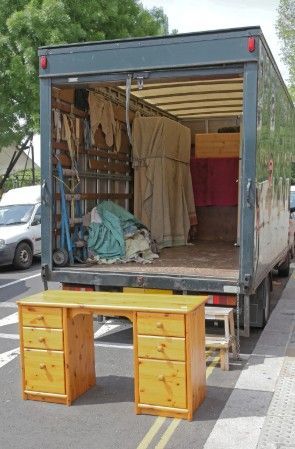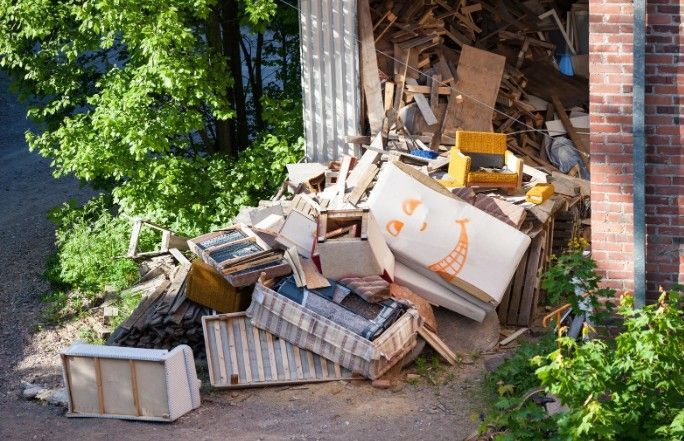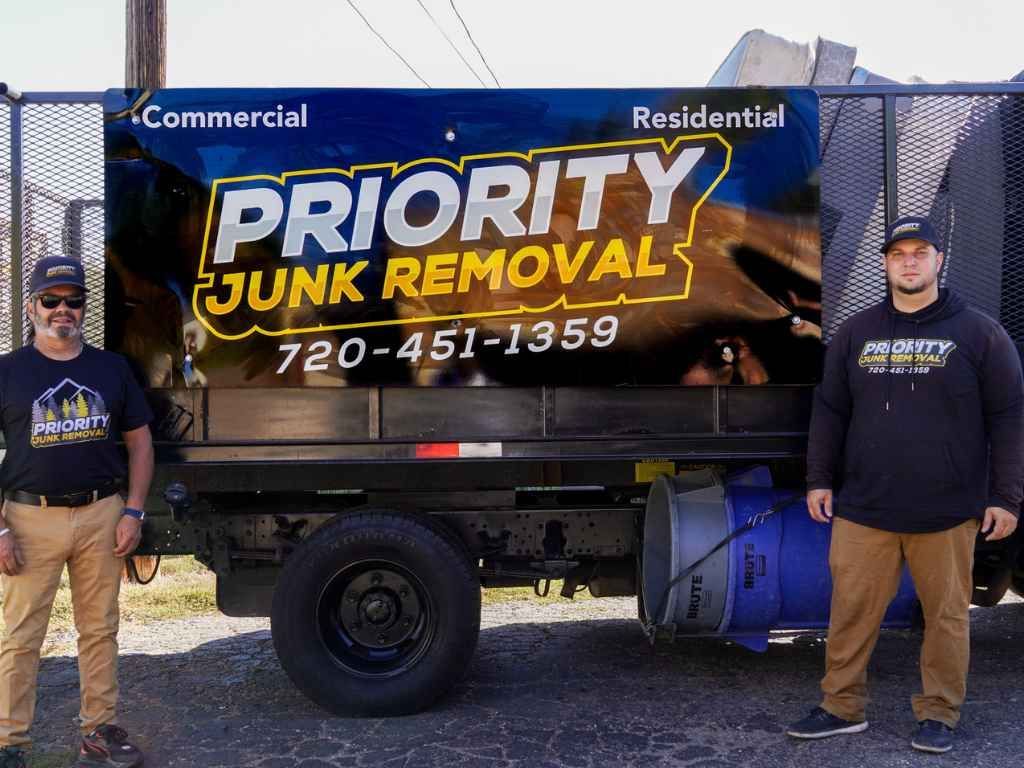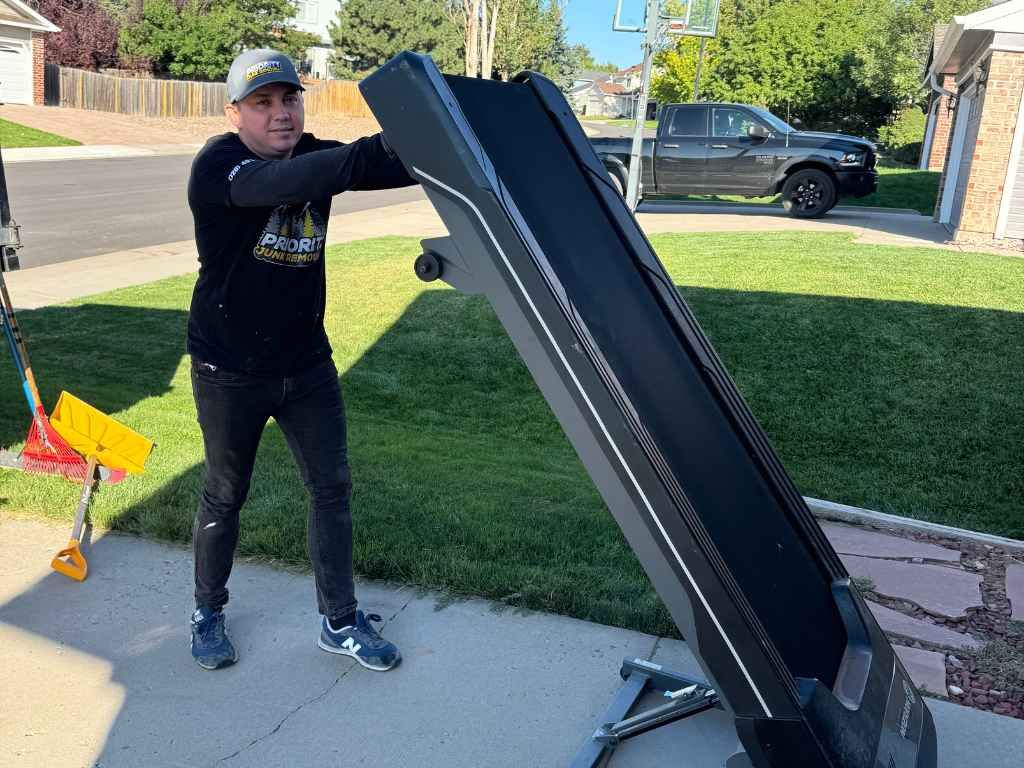What to Do with Old Office Electronics During a Cleanout
Office cleanouts can be a refreshing reset — a chance to clear out clutter, reorganize, and make room for new energy. But when it comes to old office electronics, things can get complicated fast. Computers, printers, monitors, and other electronic devices aren't just bulky; they also come with specific disposal rules and environmental concerns. Tossing them into the dumpster isn’t an option, but figuring out what to do with them can feel like navigating a maze.
Why Proper Disposal Matters
Office electronics aren't like regular trash. Inside that outdated computer or broken printer are materials like lead, mercury, and cadmium — substances that are hazardous to both human health and the environment if improperly handled. Landfills are already overrun with e-waste, and letting more toxic components seep into the ground or water supply can have lasting consequences.
Beyond environmental harm, data security is another major concern. Old hard drives and storage devices often contain sensitive business information, and simply throwing them away could leave you vulnerable to data breaches.
Start with a Thorough Inventory
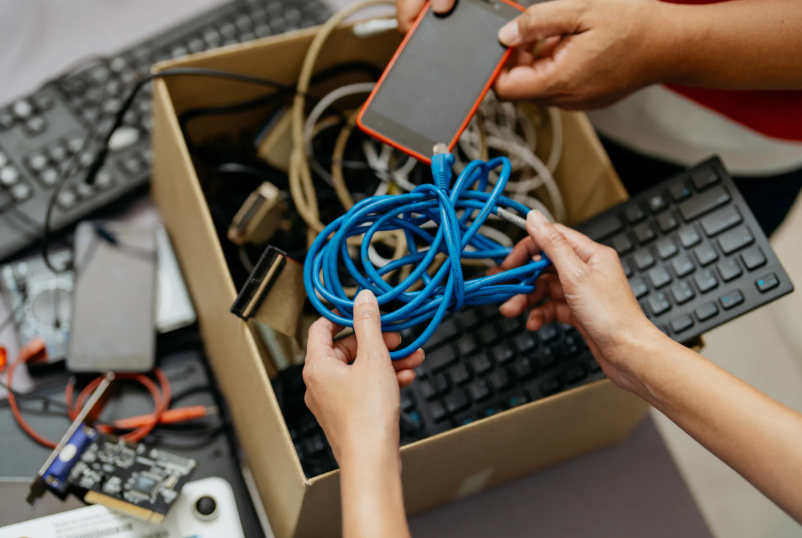
When it comes to getting rid of old electronics, a little planning goes a long way. Taking the time to sort through your devices can save you effort, reduce waste, and even help others. By organizing your items before disposal, you can make the process smoother and more environmentally friendly.
- Separate the working from the broken. Test each device before you toss it. You might be surprised how many items are still in working condition or need only a minor fix. Even older monitors, keyboards, and phones could be repaired or donated instead of heading to the landfill.
- Create clear categories. Sorting into "reusable," "recyclable," and "e-waste" categories helps you make smarter disposal decisions. Functional items can often be donated, recyclable components can be processed properly, and true e-waste can be handled by specialized facilities to avoid environmental harm.
- Check for local donation programs. Many schools, community centers, and charities accept used electronics. Working laptops, printers, and phones can benefit students, low-income families, and nonprofits. Donating your old tech gives it a second life and helps support those who need it most.
- Remove personal data. Before you donate or recycle any electronic device, wipe all personal information. Factory reset phones, clear hard drives, and remove any stored passwords or account details. This protects your privacy and prevents identity theft down the line.
Reuse and Donation Options
If your old electronics are still functional, donation is a great way to extend their lifespan while doing some good. Many schools, nonprofits, and community centers accept used electronics, especially computers and printers. Organizations like Goodwill and Salvation Army also have e-waste programs where you can drop off items that will either be refurbished or responsibly recycled.
Some manufacturers and electronics retailers have trade-in programs, offering store credit or discounts for returning old devices. If you have a large number of working computers or office equipment, consider reaching out to local schools or small businesses — they might be thrilled to get their hands on affordable tech.
Secure Data Destruction
Before donating or recycling any office electronics, data security should be a top priority. Deleting files isn’t enough — data can still be recovered from hard drives and storage devices even after files are erased. Use a professional data destruction service or data-wiping software to ensure all sensitive business information is thoroughly removed.
For particularly sensitive data, physical destruction of the hard drive (through shredding or crushing) might be the safest route. This is especially important for businesses that handle customer information, financial records, or proprietary data.
Recycling Electronics the Right Way
For electronics that can’t be reused or donated, recycling is the next best option. E-waste recycling centers are equipped to handle the complex process of breaking down electronic components, separating valuable materials like copper and gold from hazardous substances, and disposing of them safely. Many municipalities host e-waste collection events, or you can look up certified e-waste recyclers in your area.
Make sure the recycler follows environmentally responsible practices — look for certifications like R2 (Responsible Recycling) or e-Stewards. Retailers like Best Buy and Staples often have free recycling programs for smaller electronics, making it easy to drop off items while you’re out running errands.
Trade-In and Buyback Programs
Major electronics brands, including Apple, Dell, and HP, offer trade-in programs where you can exchange old electronics for store credit or discounts on new purchases. Some programs even accept broken or non-functional devices, ensuring they’re recycled properly. Office supply stores may also have buyback programs, where they refurbish and resell used electronics at a lower price.
If you have a large volume of electronics to unload, some companies offer bulk trade-in services, providing a streamlined solution for businesses looking to clear out significant quantities of office equipment.
Resale Opportunities
If your old office electronics are still in decent shape, selling them can be a win-win. Online marketplaces like eBay, Facebook Marketplace, and Craigslist are great platforms for listing used electronics.
Business liquidation services can also help with bulk sales, especially if you’re upgrading your office and need to offload a large number of items quickly. Some tech resellers specialize in buying used office equipment, providing an easy way to convert old gear into cash. Just be sure to factory reset all devices and wipe any sensitive data before putting them up for sale.
Repurposing for Office Use
Sometimes the solution is closer than you think. Older computers can be repurposed as secondary workstations, backup servers, or training equipment. Spare monitors and keyboards can be kept as replacements for future breakdowns. Old tablets or smartphones can be used as control devices for conference room equipment.
Even broken equipment might have usable components — cables, hard drives, and power supplies can often be salvaged for future repairs or upgrades. Getting creative with your existing tech inventory can save money and reduce waste.
Partnering with a Professional Junk Removal Service
When you’re dealing with a large-scale office cleanout, handling electronics disposal on your own can be overwhelming. Partnering with a professional junk removal service can simplify the process and give you peace of mind that everything is being handled responsibly.
Experienced junk removal teams understand the complexities of e-waste disposal and know how to separate recyclable materials from hazardous components. They can also provide documentation for data destruction and environmental compliance, ensuring you meet any local or industry regulations.
Environmental Impact and Corporate Responsibility
Properly handling old office electronics isn’t just about clearing out clutter—it’s about protecting the environment and strengthening your company’s reputation. As more clients and customers value sustainability, your approach to e-waste disposal can make a real difference.
Reduces Environmental Impact
Electronic waste often contains harmful chemicals like lead, mercury, and cadmium, which can seep into the soil and water if not properly handled. By recycling old office electronics, you prevent these toxic substances from polluting the environment. Recycling also conserves valuable resources, such as copper, silver, and gold, which can be extracted and reused in new devices.
Enhances Company Reputation
Today’s consumers and clients are increasingly drawn to businesses that prioritize sustainability. By adopting responsible e-waste disposal practices, you showcase your commitment to environmental responsibility. This can boost your reputation, attract eco-conscious customers, and even improve employee morale. Companies that demonstrate green initiatives are often seen as forward-thinking and socially responsible, helping them stand out in competitive markets.
Promotes Data Security
Office electronics such as computers, servers, and phones often contain sensitive company data. Simply tossing these devices in the trash puts your business at risk of data theft or breaches. Secure disposal methods, such as certified e-waste recycling programs, ensure data is thoroughly erased before devices are repurposed or recycled. This added layer of security protects your business, employees, and clients from potential cyber threats.
Saves Money on Future Upgrades
Establishing a structured disposal plan can simplify your technology upgrade process. By knowing where and how to dispose of old electronics, you avoid last-minute scrambling and costly removal services. Many recycling programs even offer trade-in incentives or rebates for certain electronics, further reducing upgrade expenses. A clear disposal strategy ensures your office transitions smoothly from outdated devices to newer technology without unnecessary costs or downtime.
Supports the Circular Economy
E-waste recycling isn’t just about disposal—it’s about giving old electronics new life. Many components, from circuit boards to plastic casings, can be repurposed or refined to create new devices. This reduces the demand for raw materials, conserves energy, and minimizes manufacturing waste. By contributing to the circular economy, your company helps create a more sustainable future where valuable resources are continually reused instead of discarded.
Streamlining Future Office Cleanouts
Once you’ve handled your current office cleanout, it’s worth setting up a system to make future cleanouts easier. Establish a designated spot for outdated electronics so they don’t pile up in random storage closets. Schedule regular e-waste audits to identify items that are no longer in use.
Build a relationship with a reliable recycling or junk removal service so you know who to call when it’s time to clear things out. Keeping up with electronic waste management prevents clutter from building up and keeps your office space efficient and organized.
Conclusion
Handling old office electronics during a cleanout doesn’t have to be stressful. With the right approach — from donating and recycling to secure data destruction — you can clear out your office space responsibly and efficiently. Professional services can make the process easier, ensuring you stay compliant with environmental and data security regulations. For reliable and eco-friendly junk removal services, contact Priority Junk Removal at 6091 South Spotswood Street, Littleton, Colorado 80120. Call 720-451-1359 or email priorityjunkremoval@gmail.com to schedule a pickup or consultation today.

